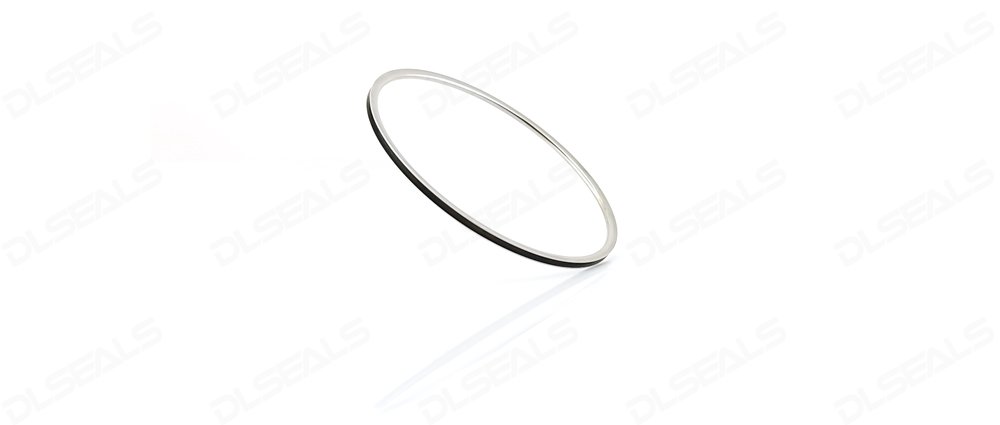Metal seals play a crucial role in ensuring the efficiency and reliability of various industrial processes. From heavy machinery to aerospace applications, these seals offer a range of benefits that contribute to the smooth operation of equipment and systems. In this article, we’ll delve into the advantages of metal seals in industrial environments and why they are preferred for critical sealing applications.
Superior Durability:
Metal seals are known for their exceptional durability and longevity. Unlike traditional elastomeric seals, which may degrade over time due to exposure to harsh chemicals or extreme temperatures, metal seals maintain their integrity and performance even in the most demanding conditions. This durability ensures consistent sealing performance and reduces the need for frequent replacements, thereby lowering maintenance costs and downtime.
High Temperature Resistance:
In industries where high temperatures are common, such as automotive, aerospace, and oil and gas, metal seals excel. They can withstand extreme heat without losing their sealing properties, making them ideal for sealing applications in engines, exhaust systems, and industrial ovens. Their ability to maintain integrity at elevated temperatures ensures reliable performance and prevents leakage, which is critical for safety and efficiency in industrial operations.
Excellent Pressure Handling:
Metal seals are capable of handling high pressures, making them suitable for sealing applications where pressure containment is essential. Whether it’s hydraulic systems, pneumatic equipment, or high-pressure pipelines, metal seals provide reliable sealing performance under challenging pressure conditions. Their ability to maintain a tight seal prevents fluid or gas leakage, ensuring system efficiency and safety.
Resistance to Corrosion and Chemicals:
In corrosive environments where exposure to chemicals or corrosive fluids is a concern, metal seals offer superior resistance. Materials like stainless steel, aluminum, and titanium are commonly used for metal seals due to their corrosion-resistant properties. This resistance ensures long-term performance and prevents seal degradation caused by chemical exposure, contributing to the reliability and longevity of industrial equipment and systems.
Customization Options:
Metal seals can be customized to meet specific application requirements, including size, shape, and material composition. This flexibility allows engineers to design seals that perfectly fit the sealing surface and achieve optimal sealing performance. Whether it’s a standard sealing application or a custom-designed solution for unique industrial processes, metal seals offer versatility and adaptability to meet diverse needs.
In conclusion, metal seals offer a range of benefits that make them indispensable in industrial environments. From superior durability and high temperature resistance to excellent pressure handling and corrosion resistance, these seals provide reliable sealing performance in critical applications. Whether it’s in automotive, aerospace, oil and gas, or manufacturing industries, metal seals play a vital role in ensuring efficiency, safety, and reliability across various industrial processes.
Post time: Jun-01-2024

